Home insurance is designed to protect you from unexpected financial losses, whether caused by theft, fire, or natural disasters. But when it comes to everyday security features like locks, many homeowners are left wondering: “Are locks covered by home insurance?”
The answer isn’t always straightforward. Some policies cover locks in certain scenarios, while others exclude them entirely. Since locks are the first line of defense against intruders, it’s crucial to understand how your insurance provider views them and what situations might be covered.
In this article, we’ll break down how home insurance policies treat locks, when you can expect coverage, and what exclusions you should be aware of. We’ll also share practical steps to make sure your security features — including modern solutions like smart door locks — are properly protected.
Understanding Home Insurance Coverage
Before we dive into whether locks are covered, it’s important to first understand the basics of home insurance — knowing what’s normally included makes it much easier to see where locks fit in.
What Is Home Insurance?
Home insurance is a policy designed to protect homeowners from financial loss due to risks that threaten their property. While coverage varies depending on the insurer and policy type, most include:
-
Dwelling Coverage: Repairs or rebuilds the structure of your home if damaged by insured events such as fire, theft, or storms.
-
Personal Property Coverage: Protects belongings inside the home — from furniture to electronics — if they’re damaged or stolen.
-
Liability Coverage: Provides financial protection if someone is injured on your property and holds you legally responsible.
-
Additional Living Expenses (ALE): Covers temporary housing or extra costs if your home becomes uninhabitable after an insured event.
Where Do Locks Fit In?
Locks are technically part of your dwelling coverage, since they are fixtures attached to the property. However, whether they’re included in a claim depends on the specific cause of damage or loss.
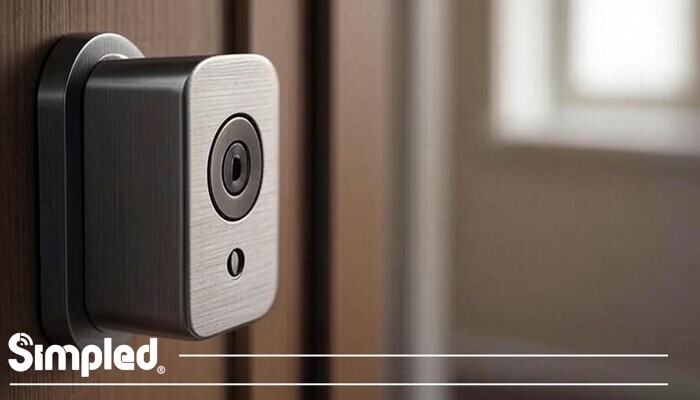
Are Locks Typically Covered by Home Insurance?
In most cases, locks are not covered under normal circumstances, such as wear and tear or routine upgrades. However, if locks are damaged as part of a covered incident — like a burglary or fire — they may fall under your policy’s repair or replacement benefits.
General rule of thumb:
-
Yes, covered: If the lock damage is directly caused by an insured event.
-
No, not covered: If damage is due to age, neglect, or a voluntary upgrade.
👉 For example, if burglars break your front door lock during a forced entry, most policies will cover replacement costs. But if your old lock jams after years of use, that’s considered normal wear and tear — and not covered.
Scenarios Where Locks Might Be Covered
Lock Damage Due to a Break-In
One of the most common scenarios where locks are covered is during a burglary. If your home is broken into and thieves force the lock, insurers typically cover:
-
The cost of repairing or replacing the damaged lock.
-
Replacement of doors, windows, or other damaged entry points.
-
In some cases, rekeying services for added security.
💡 Tip: Some UK insurers also extend coverage to include lock replacement even if keys were not stolen, as long as there was evidence of a break-in.
Replacement of Lost or Stolen Keys
This area is less straightforward. Some policies specifically include coverage for replacing locks if your keys are stolen (to prevent future unauthorised entry). Others exclude it unless theft is proven.
-
Lost keys: Often not covered, as insurers consider this negligence.
-
Stolen keys: May be covered, especially if you report the theft to the police.
👉 Example: If your handbag is stolen with house keys inside, your insurer may cover the cost of replacing locks and keys. But if you simply misplace them, you’ll likely pay out of pocket.
Damaged Locks After a Natural Disaster
Natural disasters like floods, storms, or fires can also damage locks. In these cases, locks are usually covered as part of the overall dwelling repair claim.
-
Fire damage: Burnt or melted locks will be replaced.
-
Storm damage: If wind or debris breaks your door and locks, replacement is usually included.
-
Flood damage: Some policies cover this, but note that many UK insurers require separate flood insurance for full coverage.
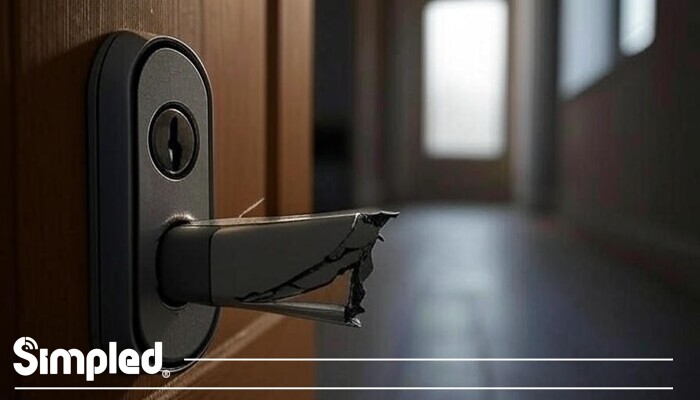
What Is Typically Not Covered?
Even the most comprehensive home insurance has exclusions. When it comes to locks, policies usually do not cover:
-
Normal wear and tear: Locks that stop working due to age or mechanical failure.
-
Neglect or lack of maintenance: If rust, dirt, or poor upkeep causes failure.
-
Voluntary upgrades: If you decide to replace a standard lock with a high-end smart lock for added security, that cost is on you (unless part of an approved claim).
👉 Example: Switching from a traditional lock to a smart lock, like the Simpled SS Slim Series smart lock, is a fantastic security upgrade — but insurers won’t reimburse the cost unless the replacement follows a burglary or covered event.
How to Ensure Lock Coverage in Your Policy
1. Review Your Current Policy
Carefully read the fine print of your policy to check:
-
Whether lock replacement is listed under burglary coverage.
-
If stolen keys are included as a valid claim.
-
Whether exclusions (like “lost keys”) are clearly stated.
2. Ask Your Insurer About Add-On Coverage
Some insurers offer optional extras, such as:
-
“Key Cover” — reimbursing costs for locksmith services and lock replacements.
-
Coverage for modern smart locks and digital entry systems.
3. Provide Proof of Security Upgrades
Insurers may reward you with lower premiums if you have advanced security systems. For example:
-
Installing a Simpled smart lock with auto-lock and anti-tamper design can demonstrate proactive security measures.
-
Many UK insurers recognise smart locks as part of a “high security” classification, especially when paired with CCTV or alarms.
Additional Security Considerations Not Covered by Home Insurance
It’s important to note that home insurance focuses on repair and replacement after an incident, not on proactive upgrades. This means:
-
Alarms and CCTV: Rarely covered unless damaged during a covered incident.
-
Smart locks or digital door viewers: Not reimbursed if installed voluntarily for security improvements.
-
Installation services: Usually not included unless specifically listed.
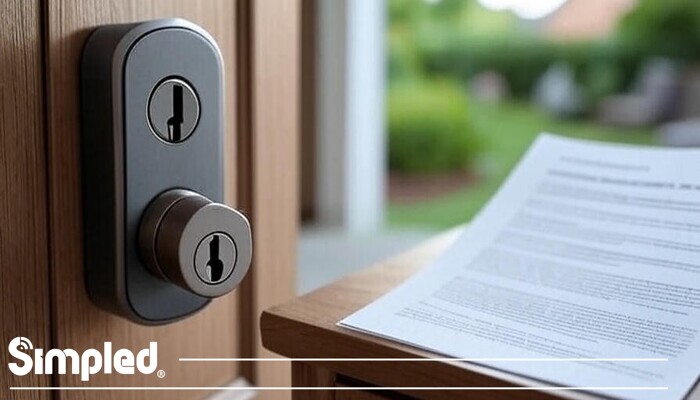
Conclusion
So, are locks covered by home insurance? The short answer: sometimes.
-
They’re typically covered if damaged in a burglary, fire, or natural disaster.
-
They may be covered if keys are stolen (depending on your insurer).
-
They’re not covered for general wear and tear, negligence, or voluntary upgrades.
The key takeaway is to review your policy carefully and speak directly with your provider about what’s included. If locks aren’t adequately covered, ask about add-ons or consider upgrading your policy.
At Simpled, we believe prevention is better than cure. That’s why our SS Slim Series and SF Slim Series smart locks are designed not only for style but also for enhanced protection — offering features that complement traditional insurance while providing peace of mind every day.
FAQs
1. Does home insurance cover changing locks after losing keys?
Usually not. Most policies exclude lost keys but may cover stolen keys if reported.
2. Will insurance cover a smart lock upgrade?
Not for voluntary upgrades. Coverage applies only when locks are damaged by insured incidents.
3. Are locks covered if damaged by wear and tear?
No. Wear and tear, rust, and neglect are not covered under standard home insurance.
4. Do insurers recognise smart locks as added security?
Yes. Some insurers offer reduced premiums if you install certified smart locks and other security systems.
5. What’s the best way to confirm lock coverage in my policy?
Read the exclusions section carefully and speak with your insurer to clarify.



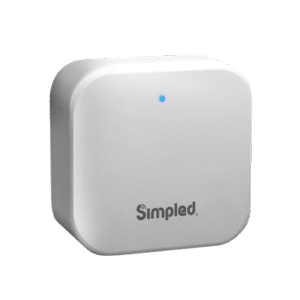
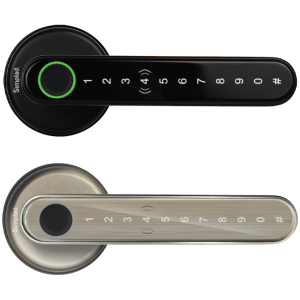


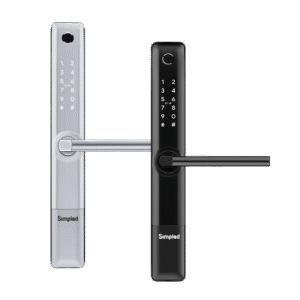
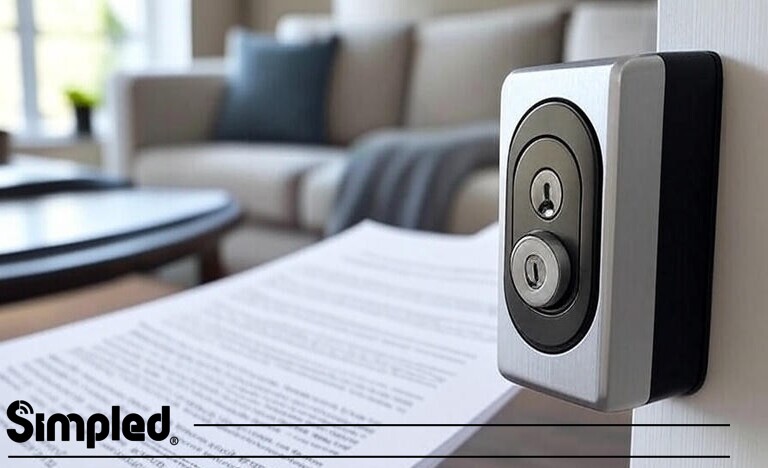






Leave a Reply